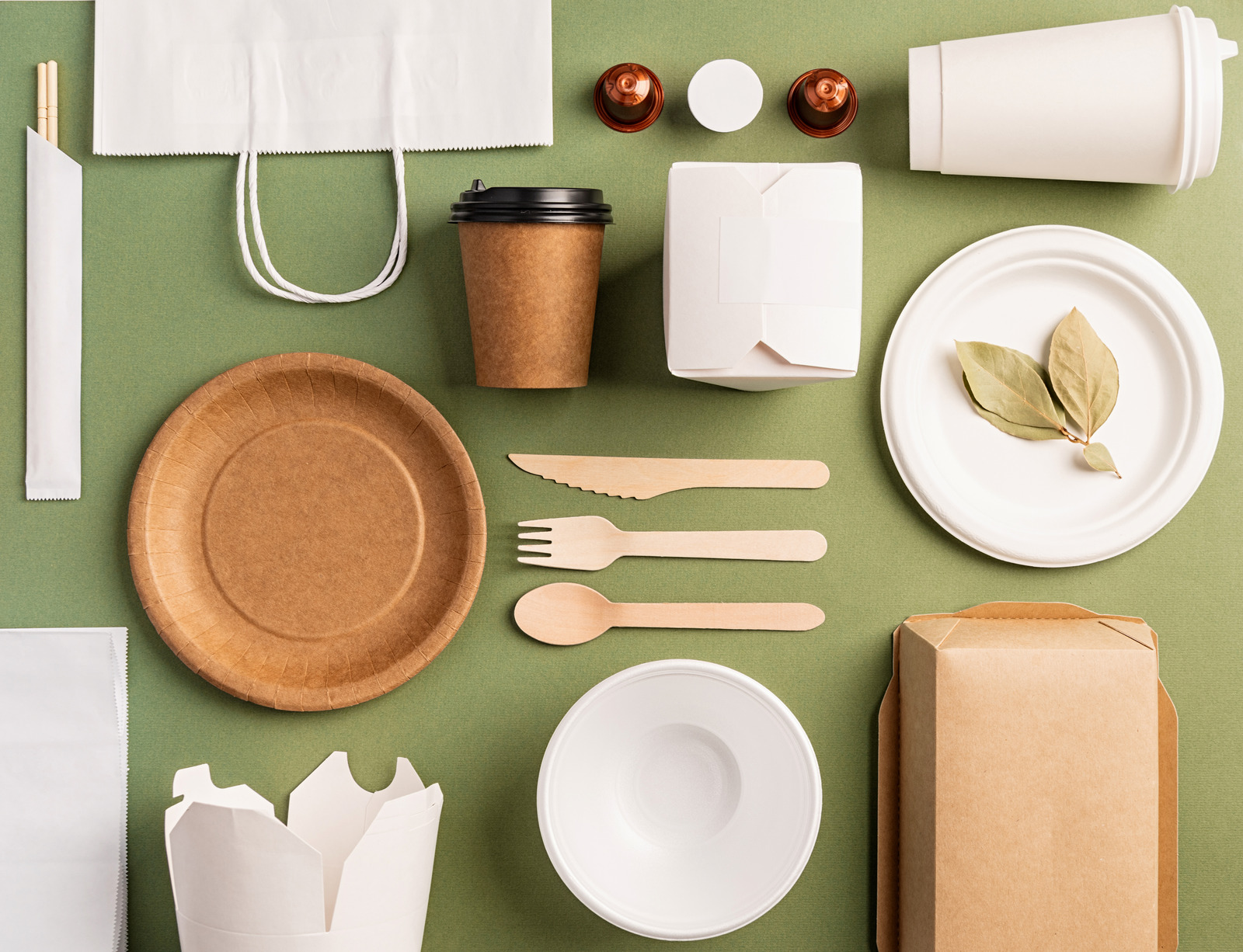
As more countries ban single-use plastic, businesses face pressure to use eco-friendly products[^1]. Bamboo and paper are two common alternatives. But which one is better for your business? In this post, we will compare bamboo and paper disposables, focusing on the benefits of bamboo. This comparison is helpful for importers, retailers, brand owners, service providers, and wholesale customers.
Bamboo and paper disposables are eco-friendly options, but bamboo stands out for being more durable, sustainable, and healthy.
Let’s explore the details of bamboo and paper disposables to help you make the best choice for your business.
What Are Bamboo and Paper Disposables?
Bamboo Disposables:
Bamboo disposables[^2] are made from bamboo fiber pulp. Bamboo grows quickly. It can reach full size in 3-5 years. Bamboo is also biodegradable and compostable. Bamboo tableware is made using natural fibers and glues. It does not contain plastic coatings. Therefore, it is safe to use with food.
Bamboo also has natural antimicrobial properties. This is due to a compound called “bamboo quinone.” It helps prevent bacteria, mold, and odors. These natural properties make bamboo a great choice for food packaging.
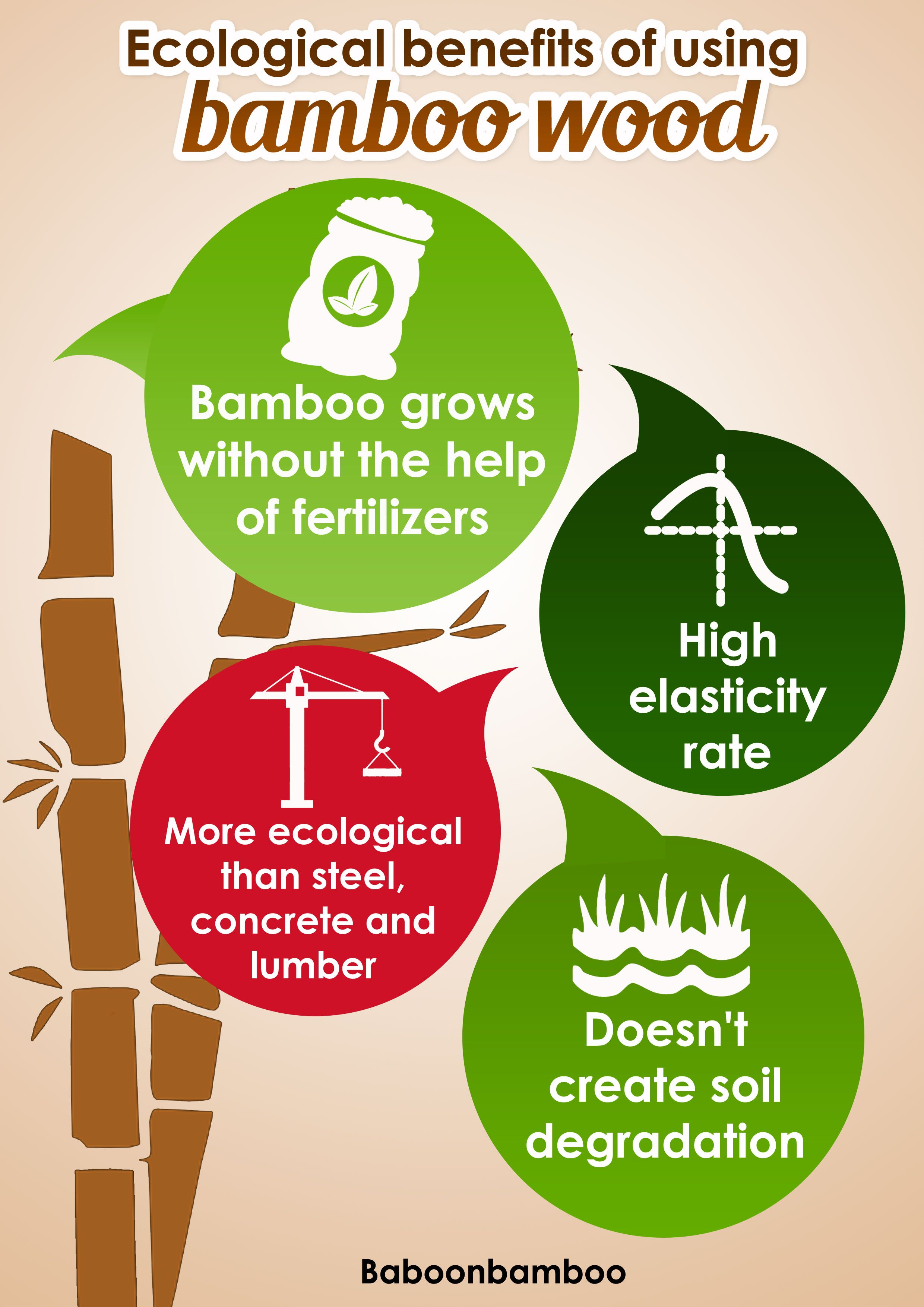
Paper Disposables:
Paper disposables are made from wood pulp or paperboard. These products often have a plastic coating to prevent leaks. Unfortunately, this coating reduces the eco-friendliness of paper products. Paper can be recycled, but the chemicals used in production often make it harder to compost.
What Are the Key Differences Between Bamboo and Paper Disposables?
Sustainability and Environmental Impact:
- Bamboo:
- Bamboo grows fast, much faster than trees. It matures in just 3-5 years.
- Bamboo is biodegradable[^3]. It breaks down easily in the environment. It can also be composted.
- Bamboo needs less water and energy to grow compared to paper. It also helps prevent soil erosion.
- Bamboo farming can improve soil health. It is a renewable resource that doesn’t harm the environment.
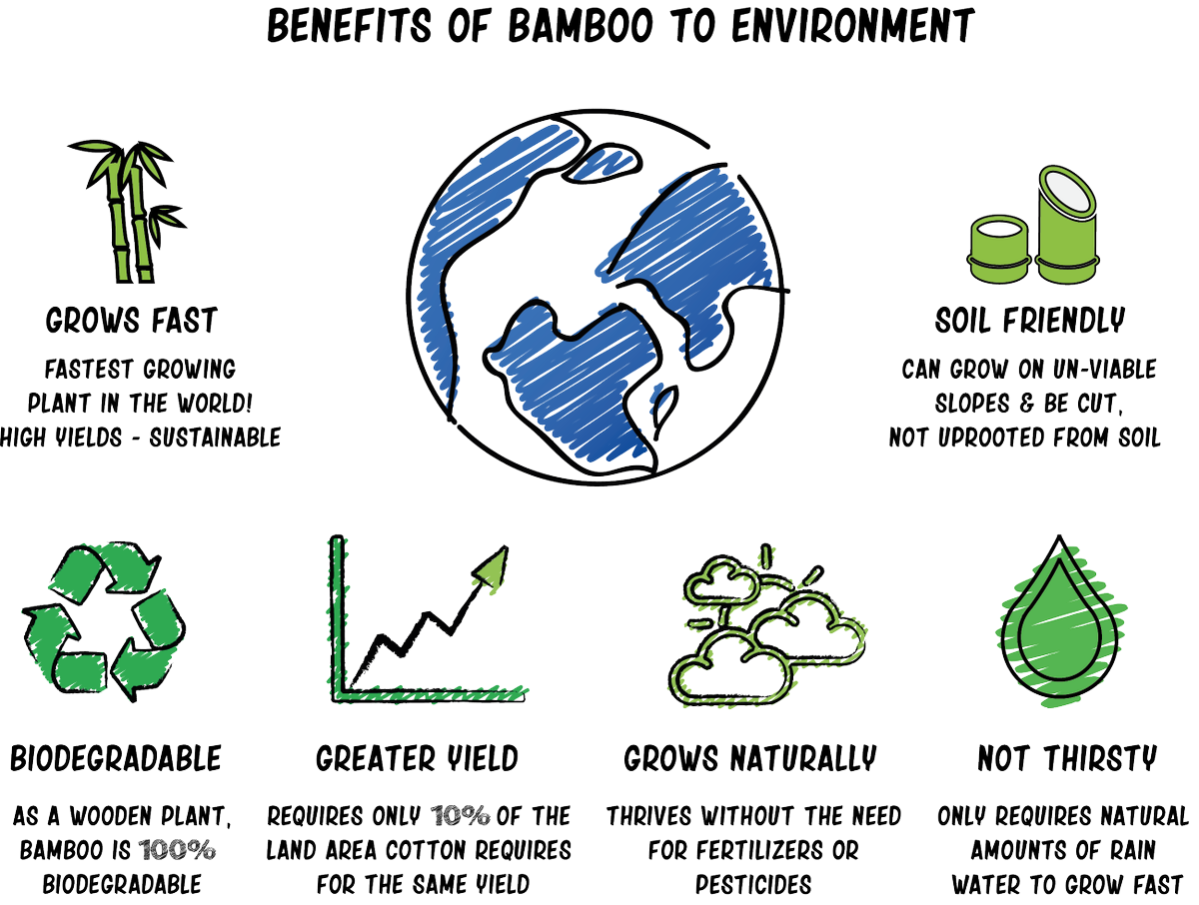
- Paper:
- Paper comes from trees. Trees take decades to grow, making it a slower resource.
- Paper production uses a lot of water and energy. The process also uses harmful chemicals.
- Paper is recyclable, but it often has plastic coatings. These coatings make it harder to break down in the environment.
Durability and Performance:
- Bamboo:
- Bamboo disposables are strong and durable. They do not tear or break easily. They can hold up well under heavy use.
- Bamboo is naturally resistant to moisture and grease. It will not soak through or leak when used with wet or oily foods.
- Bamboo can handle both hot and cold temperatures. It works well at temperatures up to 180°C and as low as -40°C. This makes bamboo versatile for many types of foodservice.
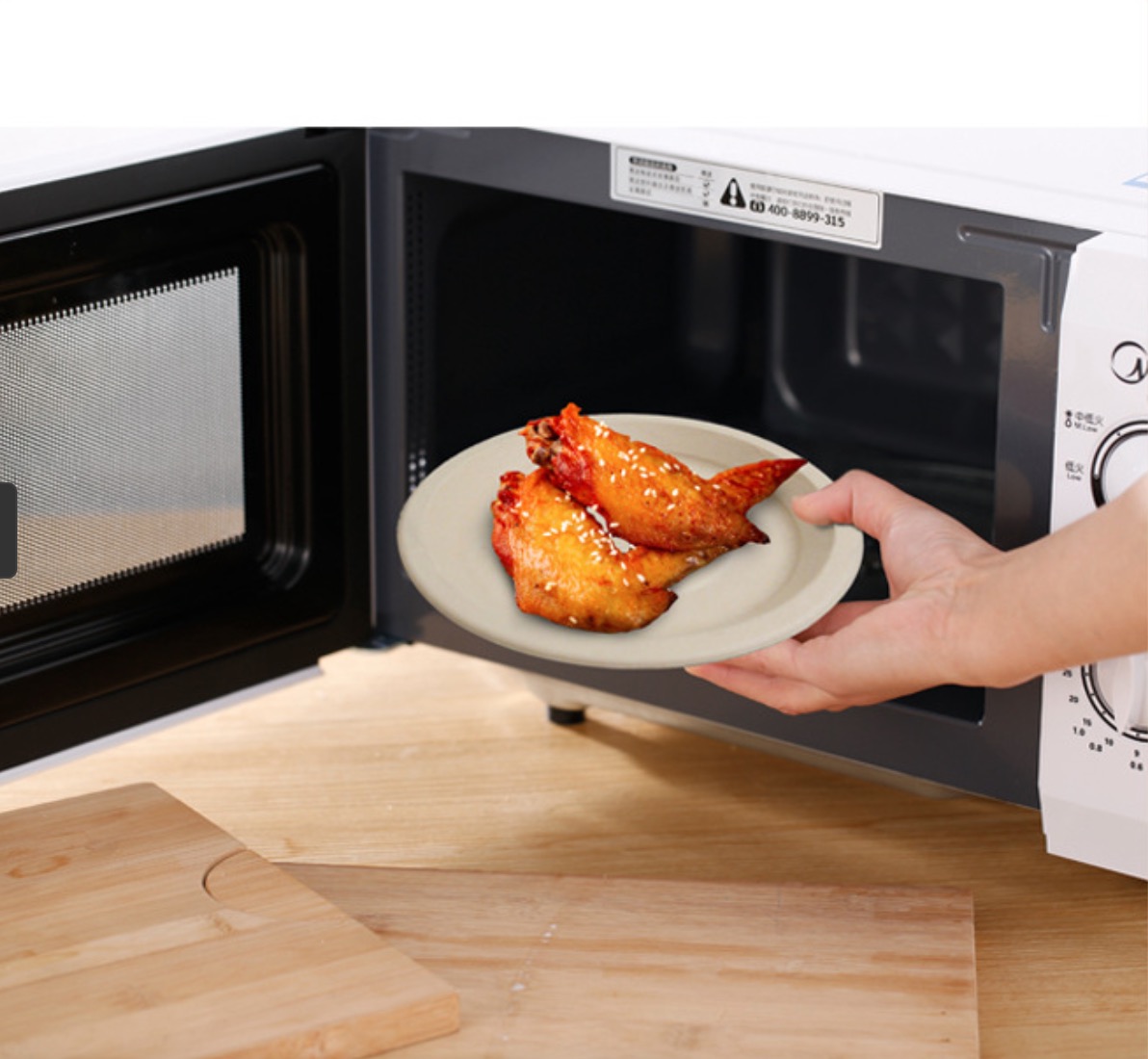
- Paper:
- Paper is less durable than bamboo. Paper can tear or leak when exposed to moisture.
- Paper does not work well with oily foods. It tends to soak through, making it unsuitable for greasy foods.
- Paper is not as strong as bamboo, especially when used under heavy conditions.
Cost:
-
Bamboo:
- Bamboo disposables can be more expensive than paper ones. However, their strength and durability make them worth the investment.
- Bamboo products last longer and need fewer replacements. They are more cost-effective in the long run.
-
Paper:
- Paper products are cheaper, but they don’t last as long. They need to be replaced more often.
- While paper is cheaper initially, it can end up costing more over time due to its shorter lifespan.
Other Features:
- Bamboo:
- Bamboo has natural antimicrobial properties. This helps reduce the growth of bacteria and mold.
- Bamboo looks elegant and natural. It adds a premium touch to your food presentation.
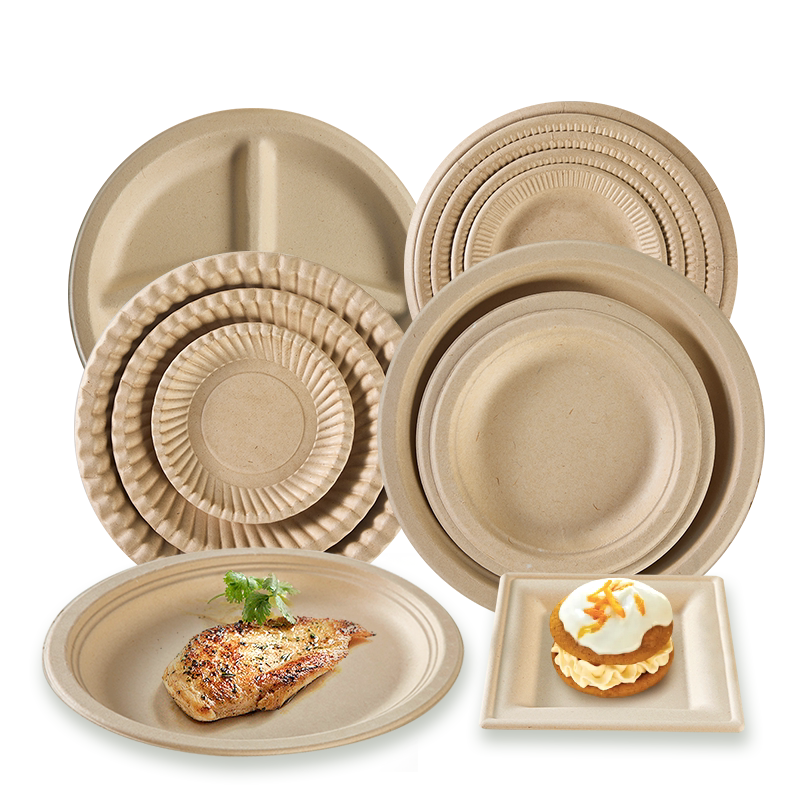
- Paper:
- Paper disposables can develop odors and stains. This is especially true when used with greasy or moist foods.
- Paper products often look plain. They lack the natural beauty and elegance that bamboo offers.
Bamboo vs. Paper: Pros and Cons
Bamboo Disposables
Pros:
- Bamboo is fast-growing and renewable.
- Bamboo is biodegradable and compostable, which reduces waste.
- Bamboo is strong, leak-resistant, and can handle heat and moisture.
- Bamboo’s natural antimicrobial properties make it safer for food.
- Bamboo has a clean, elegant look.
Cons:
- Bamboo products are more expensive than paper.
- Bamboo needs industrial composting to break down properly.
Paper Disposables
Pros:
- Paper products are cheaper than bamboo.
- Paper is recyclable in some cases, although this depends on the type of paper.
Cons:
- Paper comes from slow-growing trees, making it less sustainable.
- Paper often has plastic coatings, which reduce its eco-friendliness.
- Paper is weak and leaks when exposed to moisture or oil.
- Paper products don’t last as long as bamboo.
Common Concerns About Bamboo and Paper Disposables
Compostability:
Bamboo is compostable and biodegradable.[^4] It will break down in natural settings. However, bamboo needs industrial composting facilities for full decomposition. Paper products, on the other hand, are not always compostable. Paper with plastic coatings takes a long time to break down. This is something to keep in mind when choosing a product.
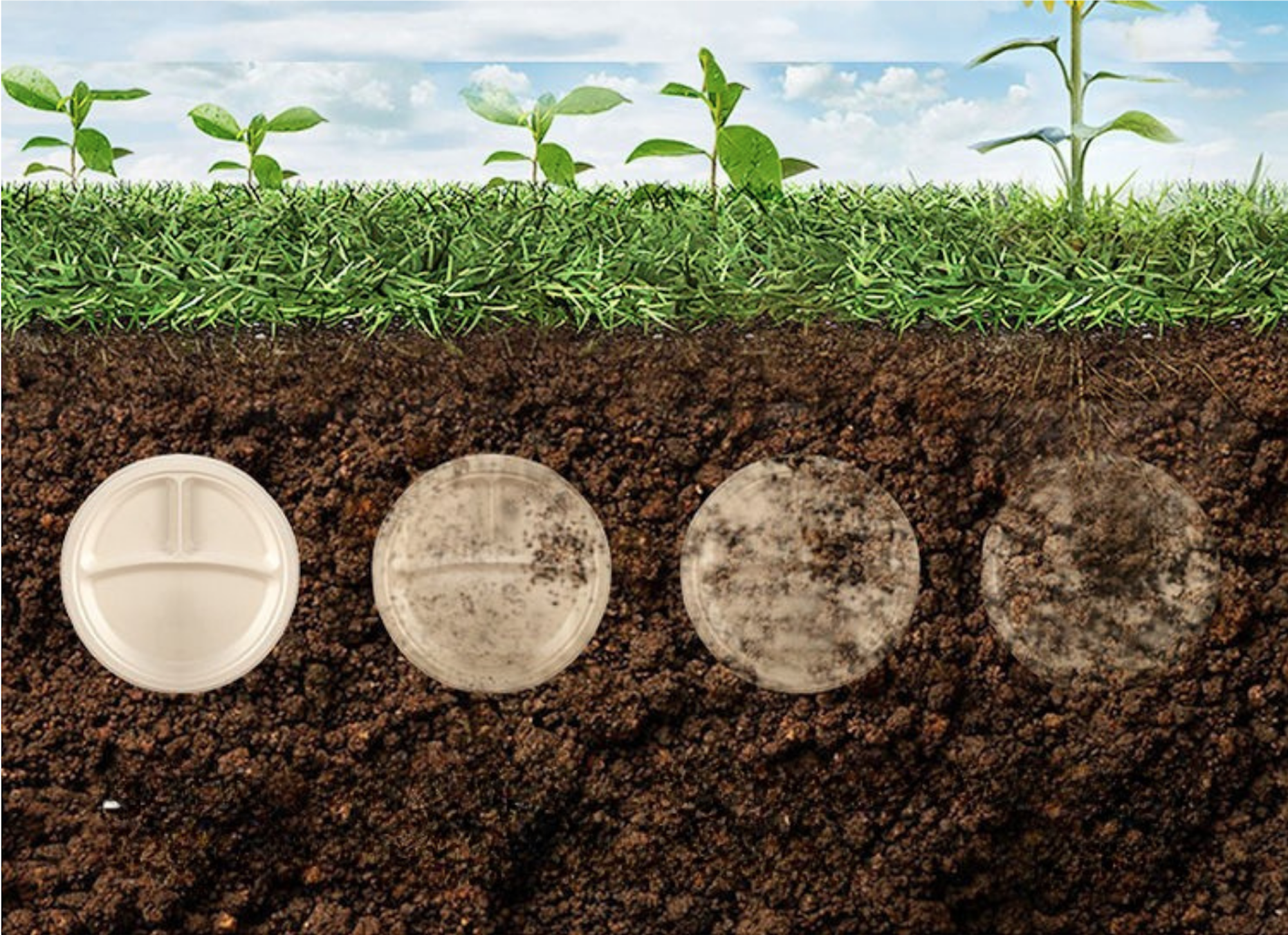
Cost:
Bamboo products are more expensive at first.[^5] But they are durable and last longer, which makes them a good investment. Paper products are cheaper, but they need to be replaced more often, which can add up.
Heat Resistance:
Bamboo products can handle high temperatures, making them ideal for serving hot food. Paper products can’t withstand heat as well, and they may tear or leak when exposed to hot foods.
Why Bamboo is the Better Choice
Bamboo stands out as the better choice when comparing it to paper disposables. It is stronger, more durable, and better for the environment. Bamboo is made from a fast-growing, renewable resource. It is biodegradable and compostable, unlike paper. Bamboo is also naturally resistant to bacteria and mold, making it a healthier option for food service.
Why Choose Bamboo for Your Business?
Bamboo disposables are a great choice for businesses that want to be more sustainable. They are durable, eco-friendly[^6], and safe for food. With bamboo, your business can meet customer demands for high-quality, environmentally conscious products. Bamboo also adds a premium touch to your brand, which can help attract customers who value sustainability.
Conclusion
In conclusion, bamboo disposables are a better choice than paper for most businesses. They are more sustainable, durable, and healthier for foodservice. Bamboo is a high-quality, eco-friendly option that can help your business stand out and meet customer expectations for sustainability. If you are looking for premium, sustainable bamboo pulp tableware, reach out to us at PANABAM. We offer reliable, high-quality products to meet your needs.
[^1]: Explore strategies for businesses to adopt eco-friendly products and improve their environmental impact.
[^2]: Explore the advantages of bamboo disposables, including sustainability and safety for food use.
[^3]: Understanding biodegradability is essential for recognizing how materials impact the environment and how to choose sustainable options.
[^4]: Explore the environmental advantages of bamboo’s compostability and biodegradability, which can inform sustainable choices.
[^5]: Learn why investing in bamboo products can save money in the long run due to their durability and longevity.
[^6]: Discover the advantages of eco-friendly products for your health and the environment.

Shmily Lee
Hi there! I’m Shmily, a proud mom to an amazing boy and the manager of PANABAM. We’ve been producing eco-friendly bamboo tableware that’s both sustainable and high-quality. I’m passionate about helping businesses embrace greener solutions. Let’s connect and create a more sustainable future together!